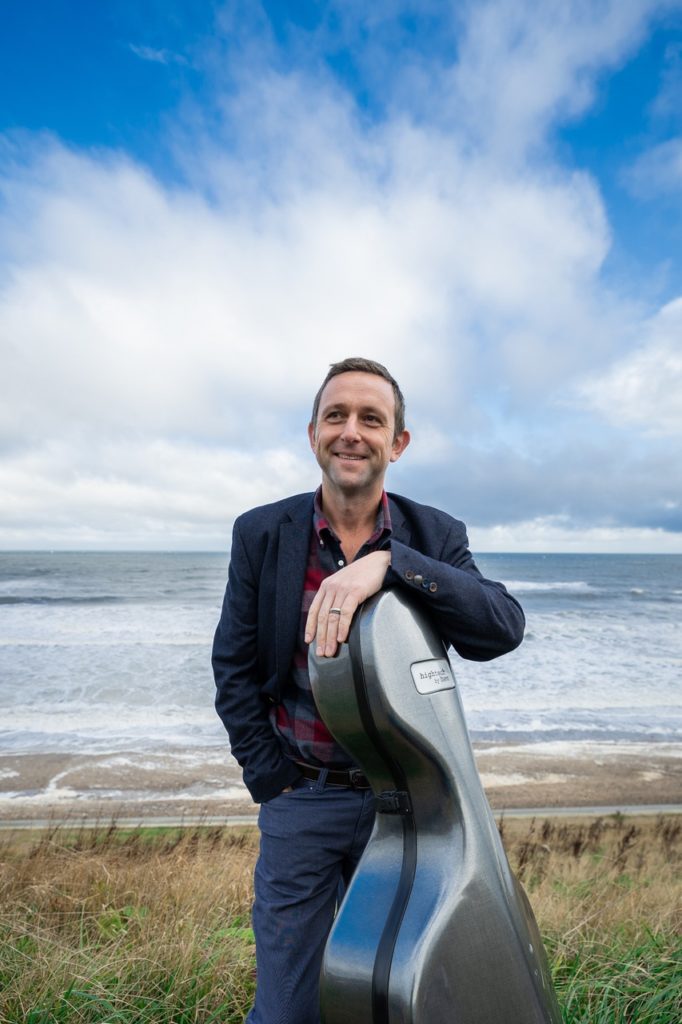
OUTSIDE, a chill wind rattled in off the North Sea, but inside St Hilda’s this piano trio recital promoted by North York Moors Chamber Music was more like the first cuckoo in spring, heralding warmer times, especially the NYMCM’s own festival in August.
Trios by Beethoven and Mendelssohn were prefaced by duos featuring the violin and cello in turn. Charlotte Scott’s succulent violin put everyone in the mood straight away. Svendsen’s popular Romance, Op 26 of 1881, originally for violin and orchestra, can easily sound hackneyed. In her hands, it came up fresh and new, moving from dreamy elegy to full-blown romanticism. Daniel Lebhardt’s piano kept in close attendance.
Beethoven’s Piano Trio Op 70 No 2 in E flat has suffered by comparison with its companion piece, the ‘Ghost’ trio, if only because it lacks a nickname. Its generally warm aura reflects the friendship Beethoven enjoyed with the Hungarian Countess Erdödy, to whom Czerny claimed it was secretly dedicated.
The ensemble found tranquillity in its opening Poco sostenuto, where each instrument suggests a different key before it settles into E flat. There was a lovely transparency in the recapitulation, the quiet opening echoed magically. In the second movement’s double theme and variations – a device much favoured by Haydn but rarely by Beethoven – we heard the two dances, major and minor, coolly differentiated.
The succeeding, song-like Allegretto was notable for the conversation between unaccompanied strings and piano at its heart. The finale’s stormy centre had a powerfully symphonic feel, reaching a majestic climax. Donald Tovey describes it as “stupendous”. It certainly was here.
Jamie Walton brought his most mellow string tone to bear on Mendelssohn’s last Song without Words, Op 109 in D, written for cello and piano. He was particularly sumptuous in its central section and there was a nice tenuto before the recall of the opening.
Mendelssohn’s Second Piano Trio, No 2 in C minor, benefited especially from Lebhardt’s light-fingered pianism. The merging of the two themes in the energetic first movement was cleanly done and the outer sections of the ‘fairy’ Scherzo were extremely nimble.
In a hell-for-leather finale, however, the trio sounded as if in combat with one another and the triumphant chorale emerged with less clarity than it deserved. But one could only admire the commitment this represented, a virtue in evidence throughout the programme.
Review by Martin Dreyer
North York Moors Chamber Music Festival will run from August 13 to 26. Box office: 07722 038990 or northyorkmoorsfestival.com.
